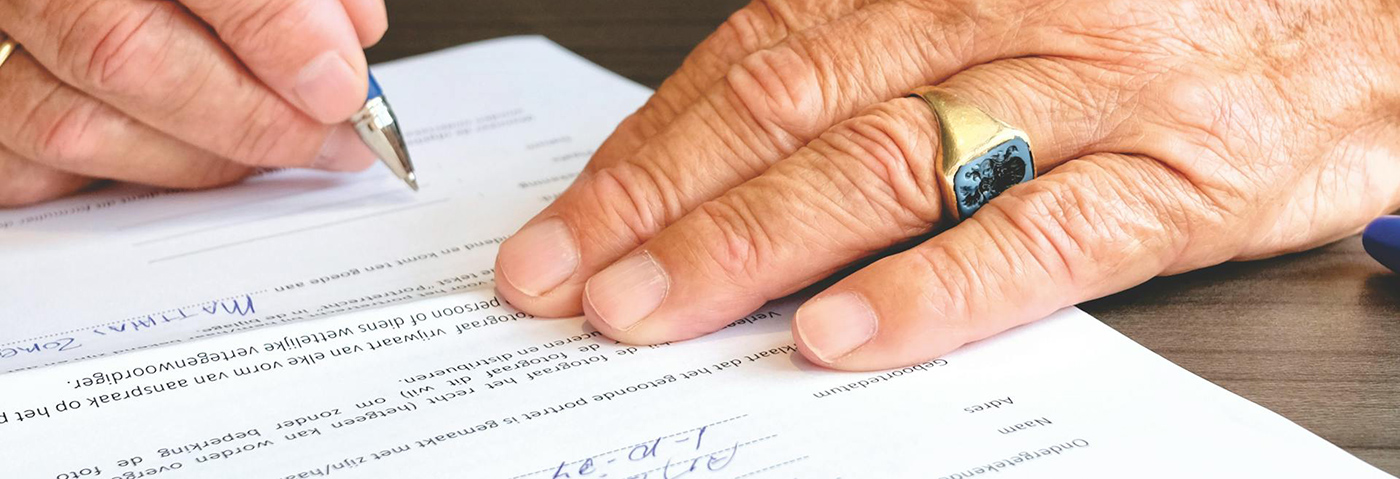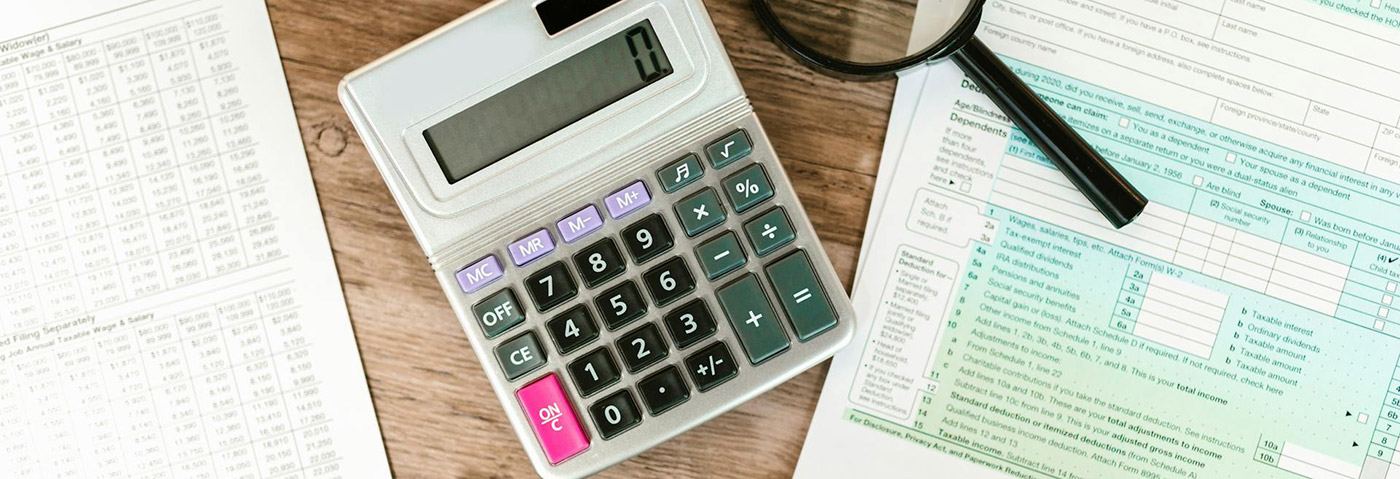Understanding Invoice Validity
Definition of an Invoice
An invoice is a formal document that outlines the services or products provided to customers and the payment methods available. It typically includes the contact details of both the seller and buyer to facilitate communication in case of any concerns.
Purpose of an Invoice
An invoice serves the fundamental purpose of ensuring that the seller is compensated for their services or products. It functions as a legal document of the transaction, aiding in sales tracking, account management, and the organization of financial procedures.

Legal Aspects of Invoice Validity
Statute of Limitations
The statute of limitations refers to the maximum period within which legal proceedings may be initiated. This period varies by jurisdiction and dictates how long an invoice remains legally enforceable. Once this period lapses, the debt may still exist, but the legal avenue to enforce payment is closed.
Differences by Jurisdiction
Different regions have varying statutes of limitations for invoices. For example, in some US states, the period may range from 3 to 6 years, while in the UK, it is generally 6 years. Understanding these differences is crucial for businesses operating internationally.
Factors Influencing Invoice Validity
Type of Service or Product
The nature of the service or product provided can influence the validity of an invoice. For instance, professional services like consultancy may have different validity periods compared to retail sales.
Contractual Agreements
Contracts play a significant role in determining invoice validity. Specific terms regarding payment and disputes can override general statutory limitations. Always read and understand your contracts to avoid surprises.

Invoice Validity in Different Industries
Retail Industry
In the retail industry, invoices are typically short-lived, with validity closely tied to the return and refund policies.
Service Industry
Invoices in the service industry often come with extended validity periods, particularly for continuous services such as subscriptions or retainers.
Freelance and Consultancy
Freelancers and consultants often face unique challenges with invoice validity. It’s essential for them to have clear terms and follow up regularly to ensure timely payments.

Common Invoice Terms and Conditions
Payment Terms
The payment terms serve to define the deadline for payment. Commonly used terms include Net 30, Net 60, or payment upon receipt. These terms play a crucial role in determining the expected timeframe for receiving payment.
Late Payment Policies
Late payment policies, including penalties or interest, are crucial for enforcing timely payments and maintaining cash flow.
Statutory Limitations by Region
North America
In North America, the statute of limitations varies widely:
- USA: Typically 3-6 years depending on the state.
- Canada: Generally 2-6 years based on the province.
Europe
In Europe, the limitations are more standardized:
- UK: 6 years.
- Germany: 3 years.
- France: 5 years.
Asia
Asian countries also have diverse periods:
- India: 3 years.
- China: 2 years.
Other Regions
Different regions have their own regulations. It's crucial to check local laws to understand the specific limitations.
Impact of Non-Payment on Invoice Validity
Legal Actions
If an invoice remains unpaid past its validity, legal actions can be taken within the statutory period. Post this period, legal enforcement becomes challenging.
Collection Agencies
Sometimes, involving collection agencies can help recover unpaid invoices, though this is typically a last resort due to additional costs.

Best Practices for Managing Invoices
Timely Invoicing
Encourage timely payments by promptly sending invoices after delivering goods or services.
Keeping Accurate Records
Keep thorough documentation of every transaction, such as invoices sent and payments received, in order to efficiently oversee your financial matters.
Technological Solutions for Invoice Management
Invoicing Software
Utilizing invoicing software such as QuickBooks or FreshBooks can help simplify the invoicing process, send automated reminders, and monitor payments efficiently.
Digital Payment Solutions
Using digital payment solutions like PayPal or Stripe can facilitate quicker payments and easier tracking.
Handling Disputes Over Old Invoices
Negotiation Strategies
Effective negotiation can resolve disputes over old invoices. Clear communication and compromise are key.
Legal Recourse
If negotiations fail, legal recourse may be necessary. Consult with a legal professional to understand your options.
The Role of Accounting in Invoice Validity
Importance of Bookkeeping
Good bookkeeping practices ensure all invoices are tracked and managed properly, preventing issues with old invoices.
Auditing Old Invoices
Regularly auditing your invoices helps identify outstanding payments and resolve discrepancies early.

Case Studies
Examples from Different Sectors
- Retail: A retailer managed to recover significant unpaid invoices by implementing automated reminders.
- Freelance: A freelancer faced challenges with old invoices but resolved them through clear contracts and timely follow-ups.
Lessons Learned
These case studies highlight the importance of proactive management and clear terms in dealing with invoice validity.
Preventive Measures
Setting Clear Terms
Clear and concise payment terms in contracts help prevent disputes and ensure timely payments.
Regular Follow-Ups
Regular follow-ups with clients regarding unpaid invoices can significantly reduce the risk of non-payment.
Conclusion
Understanding how long an old invoice remains valid is crucial for maintaining healthy financial operations. By knowing the legal aspects, managing records effectively, and using technological solutions, you can ensure that your invoices are paid on time. Remember, proactive management and clear communication are key to avoiding issues with old invoices.
FAQs
What happens if an invoice is not paid on time?
If an invoice is not paid on time, late fees may be applied, and legal actions can be initiated within the statutory period.
Can an invoice be enforced after the statute of limitations?
Generally, no. Once the statute of limitations expires, legal enforcement is not possible, though the debt still exists.
How can I dispute an old invoice?
Disputing an old invoice involves clear communication with the seller, providing evidence, and potentially seeking legal advice.
What are the best practices for invoice management?
Best practices include timely invoicing, clear payment terms, regular follow-ups, and using invoicing software.
Is digital invoicing better for managing invoice validity?
Yes, digital invoicing offers advantages like automation, easy tracking, and faster payments, making it easier to manage invoice validity.




